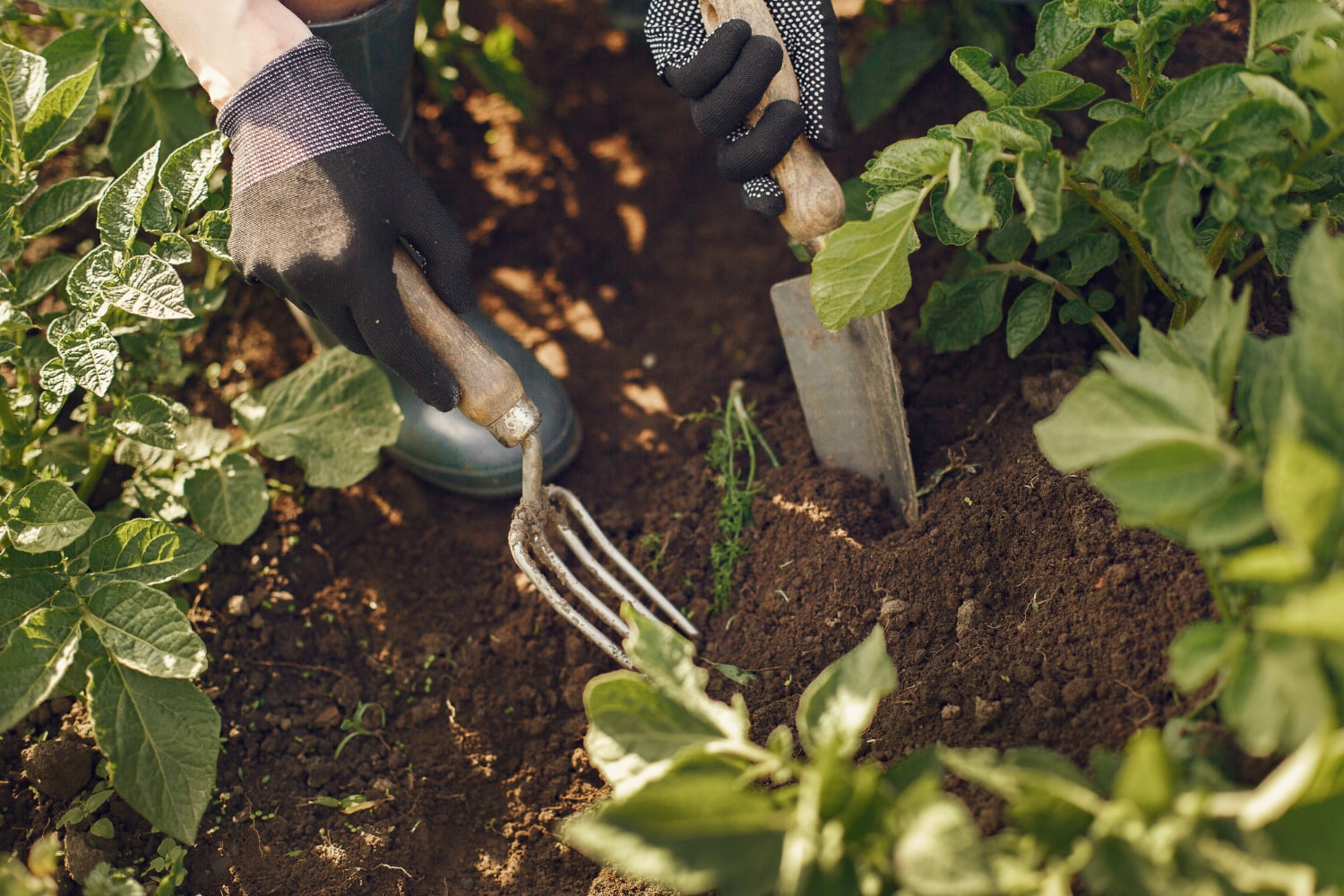
Starting your own garden comes with many benefits, from always having fresh produce within arm’s reach to improving your mental and physical health. However, if you want to start an organic garden, there are many things that you have to pay attention to if you want your food to be clean and help preserve the planet.
For example, you can use rainwater when watering your crops and make your own compost instead of buying non-organic fertilizer. Moreover, if you don’t want to use harmful pesticides full of chemicals, you should be on the lookout for natural pest control practices that can help your garden thrive. Here are some effective ways to consider.
Spray your plants with dish soap
For starters, something that you surely have in your home that you can use to get rid of pests is dish soap. You want a liquid kitchen soap that doesn’t contain bleach. Then, mix it with soft water, either filtered or distilled.
Finally, add some vegetable oil that will help the mixture stick to the leaves. Spraying your plants with this mixture will not harm your plants but it can help you get rid of spider mites and other pests.
Try natural insecticides
If you don’t want to use soap on your plants or don’t want to make this mixture on your own, you can also turn to pre-made natural insecticides. For instance, insecticidal soap is inexpensive, safe for the environment, and easy to use. Just check the label to ensure the product is suited for organic gardening.
Additionally, you can also look for neem oil. It is harmless to plants, humans, pets, and the environment. What is more, it’s not dangerous for pollinating insects such as bees either. It is easily available and effective but remember to check the label for any harmful ingredients.
Use diatomaceous earth
Diatomaceous earth has multiple uses around the house and it can also be used as a natural insecticide. Made from ground-up skeletal remains of tiny sea creatures, diatomaceous earth can be very effective when dealing with aphids, snails, ants, slugs, squash bugs, beetles, ticks, fleas, and other soft-bodied pests.
It’s very easy to apply as all you have to do is sprinkle it on and around your plants. However, in order to be effective, diatomaceous earth should be reapplied after every rain. Moreover, as it can cause respiratory problems, make sure you wear a mask when applying this product and be careful not to inhale it.
Attract beneficial insects
Another great approach you can go for to keep the pests away is attracting beneficial insects. For example, lacewing larvae and ladybugs eat aphids, mealybugs, and caterpillars, so plant some leafy plants in your garden to create a welcoming atmosphere for them.
Furthermore, you can add umbrella-shaped flowers like yarrow as these can attract parasitic wasps that will also help keep spider mites and caterpillars at bay. A great way to attract beneficial insects is to place a few fresh saucers of water around the garden.
Plant herbs
As harmful garden bugs don’t like fresh herbs, you should also find some room for fennel, parsley, sage, basil, dill, thyme, lavender, lemon balm, and coriander in your garden. They work wonders when it comes to deterring pests from invading your crops. Plus, as herbs can be grown in mobile containers, you can easily move them around to experience all their benefits immediately.
Opt for physical deterrents
In some cases, even physical deterrents can be a great solution to your bug problems. For example, you can try flypaper against aphids and whiteflies. Then, paper collars can help you battle cabbage moths. Lastly, you can also keep flying insects away by adding floating row covers.
If you’re trying to take care of an organic garden, you surely want to steer clear of various harmful chemicals that can be found in pesticides. With that in mind, the above-listed solutions can be of great assistance when it comes to protecting your crops.
Written by Patrick Adams
About the Author
Patrick Adams is a freelance writer and rock-blues fan. When he is not writing about home improvement, he loves to play chess, watch basketball, and play his guitar. More than anything, he loves to spend his time in his garage, repairing appliances and creating stuff from wood.
You may also like
13 Ways to Maintain a Healthy Flower Garden
Gardening Tips For Beginners: Things You Need To Know Before Sowing Your First Seed
Gardening Tips: Best Ways to Maximize Your Harvest
What It Means To Have a Sustainable Garden
